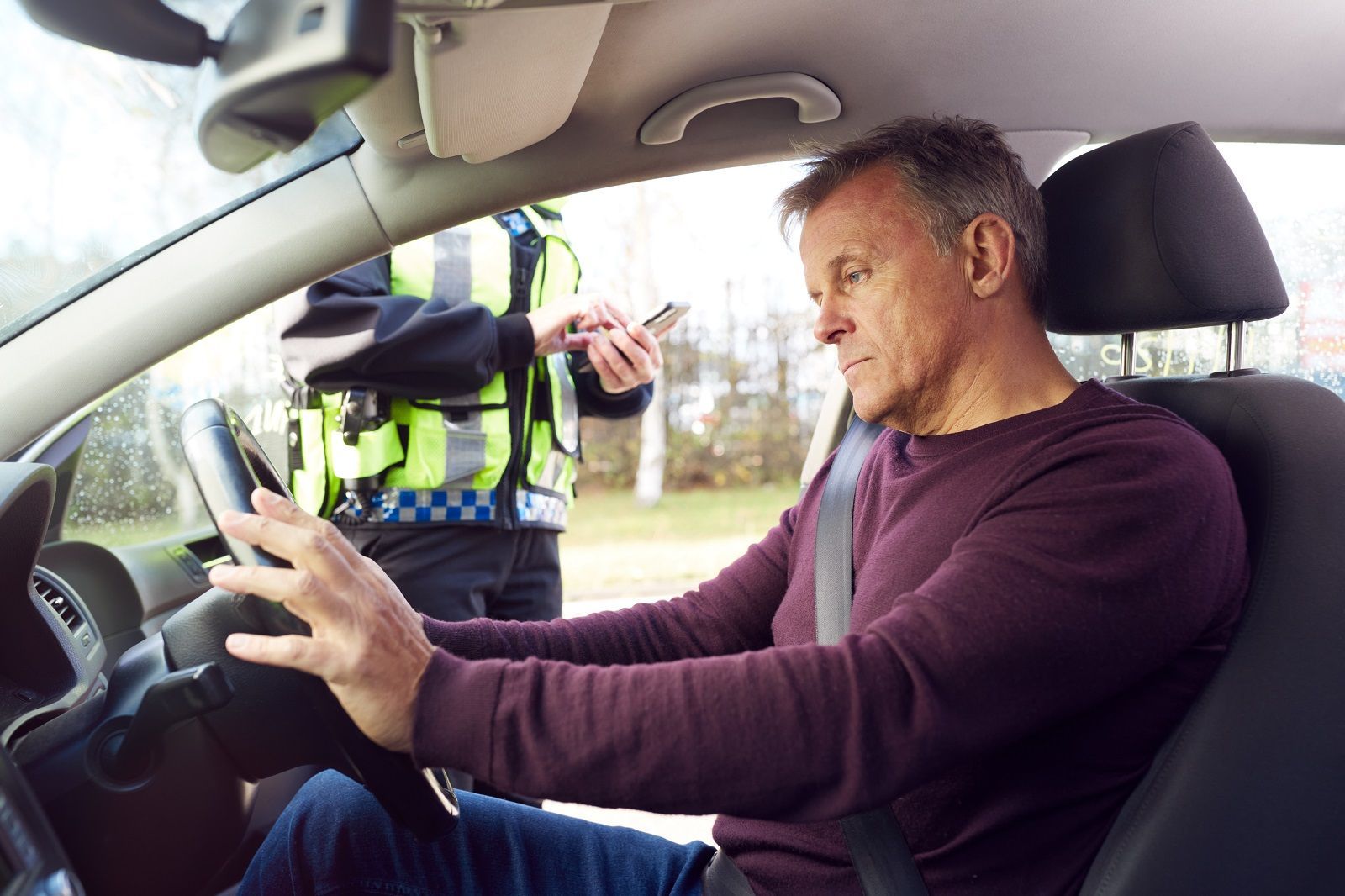5 Common Myths About Speeding in the UK

Speeding is one of the most common road traffic offences committed in the UK, in part due to the fact that it can easily be done accidentally. There are also a number of misconceptions around speeding that have arisen amongst drivers which can lead to unexpected prosecution. In this blog, we aim to debunk some of these misconceptions to help you understand the importance of always abiding to speed limits.
1. You Can’t Be Fined If a Speed Camera Wasn’t Signposted
One popular belief is that drivers cannot be fined for speeding if the speed camera wasn’t signposted, or the signpost was obscured, but this simply isn’t true. Don’t be lulled into a false sense of security with this myth - there is no requirement for signage to be present, and sticking to speeding limits is expected regardless of whether cautionary camera signposting is in place or not.
2. Taking a Speed Awareness Course Will Remove Penalties
Taking a speed awareness course is not a guaranteed way to remove penalties for speeding. While it is true that such courses can sometimes lead to the removal of penalties, whether you are eligible for this option depends on the severity of the offence and are offered at the police’s discretion. In any case, speed awareness courses should not be viewed as a ‘get out of jail free’ card.
3. Speeding Tickets Do Not Affect Your Driving Record or Insurance
Getting a speeding ticket may mean you have points added to your licence, and exceeding the 12-point limit could result in licence suspension. On top of this, insurance companies will be able to see your driving record and may increase their costs if they deem you to be a higher risk driver.
4. Speed Cameras Only Record In the Direction They’re Facing
Another common myth around speed cameras is that they only record in the direction that they’re pointing, which isn’t always the case. Some UK speed cameras can work in multiple directions, and you shouldn’t always assume that because a camera doesn’t look like it’s pointing at you, you’re able to speed without getting caught.
5. Everyone Speeds a Bit, So It’s Okay
Finally, the assumption that there’s any amount of leniency when it comes to speeding is a dangerous misconception that many drivers perpetuate. Just because people exceed the speed limit on a casual basis, doesn’t mean that it’s legally acceptable to do so. Remember: speeding in any capacity is against the law, and the court will assume that drivers who choose to speed are making a conscious decision to act illegally and put themselves and others at risk. Resist the temptation to follow the crowd, and instead prioritise keeping our roads safe.
Seek Legal Representation From Our Road Traffic Lawyers
Our specialist traffic offence lawyers frequently help our clients understand and manage speeding offences. If you’ve received a speeding ticket and aren’t sure what to do, get in touch with us today. We can guide you through the process of accepting or disputing your penalties.










